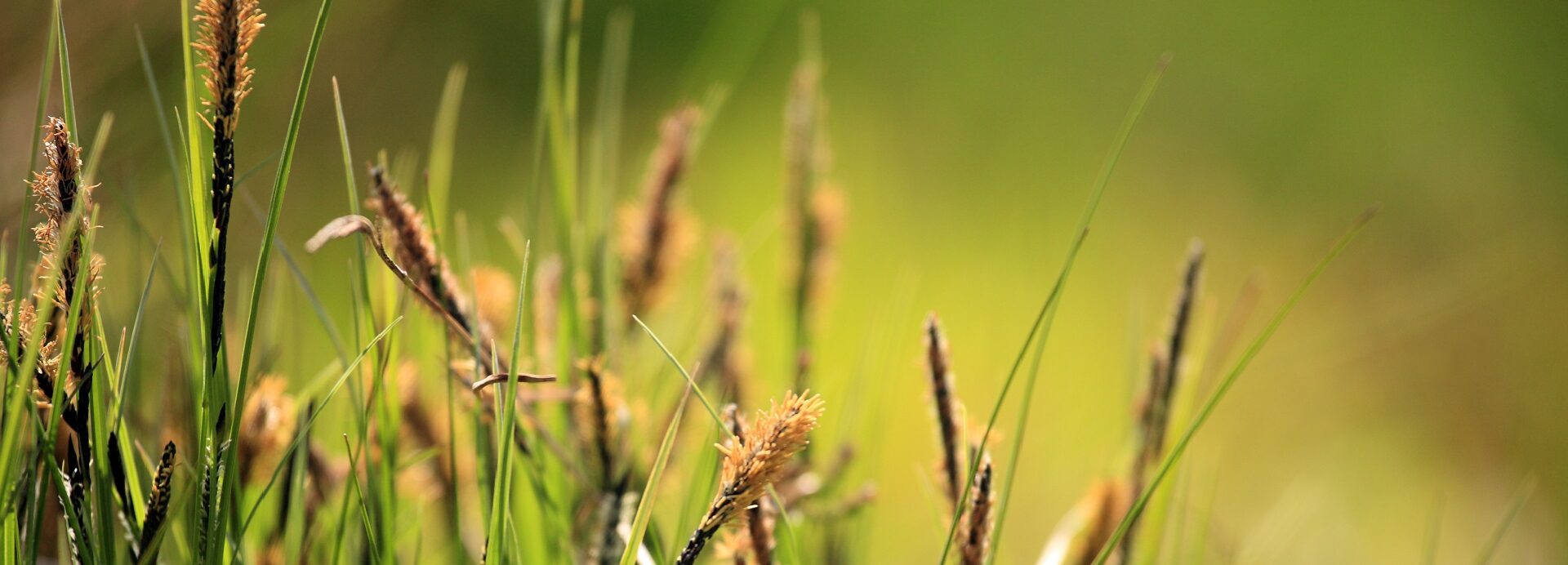Genomics research for optimizing treatment wetlands and water remediation
Welcome to the GROW Project
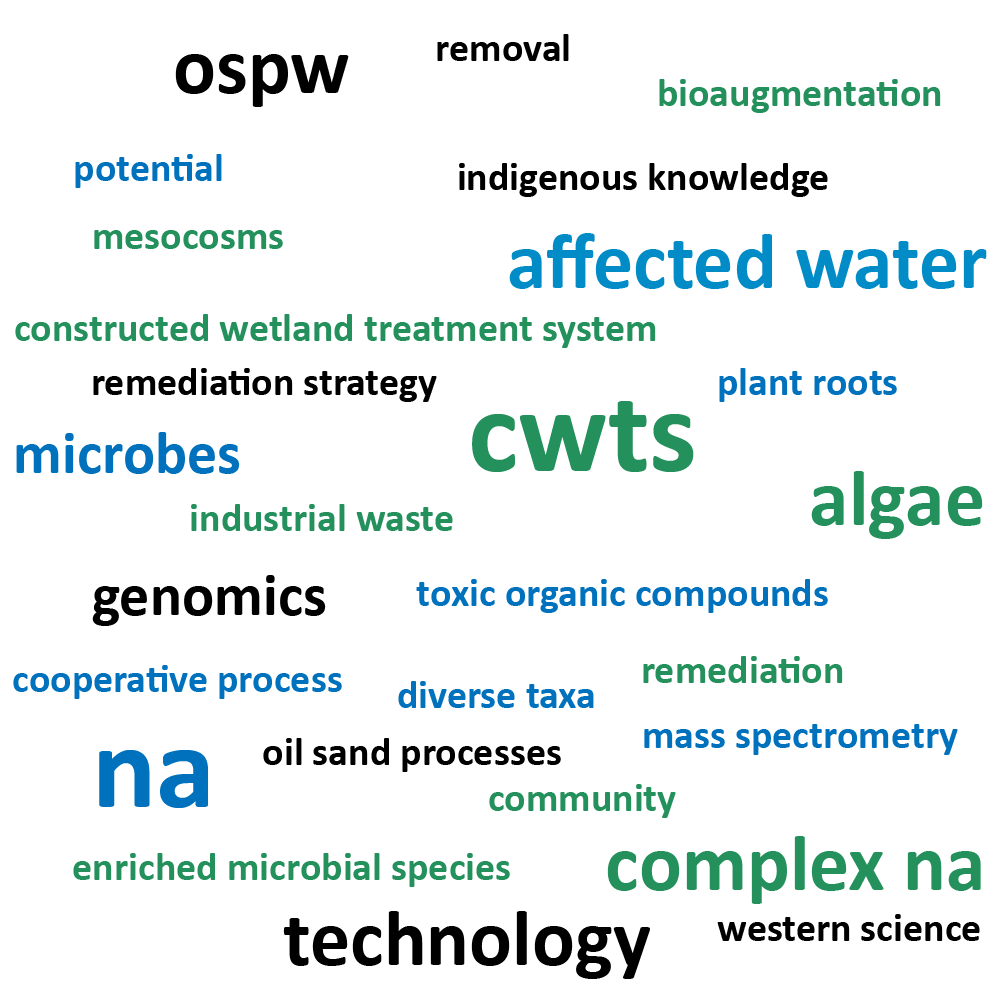
GROW Project
The surface mining of oil sands, while contributing significantly to Canada’s gross domestic product and economic development, produces large volumes of oil sands process-affected water (OSPW). A broad family of constituent organic compounds called naphthenic acids (NAs) are a major contributor to the toxicity of OSPW. This project will apply genomics-based methods toward enhancing the efficacy of constructed wetland treatment systems (CWTS) for the treatment of OSPW. This research will provide insight on the mechanisms of plant-microbe interactions to facilitate the development of a robust, ‘green’ and cost-effective CWTS approach for the remediation of OSPW.
Research Activities

Mesocosm Experiments
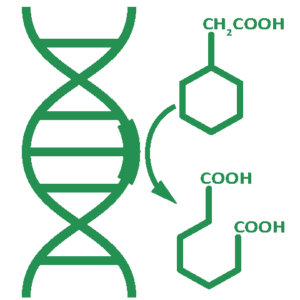
NA Degradation

Wetland Experiments
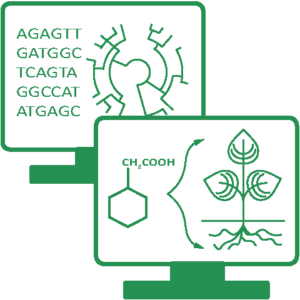
Modeling

GE3LS
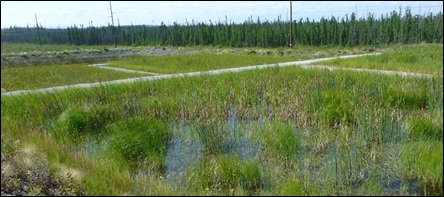
Our Partners and Funders















